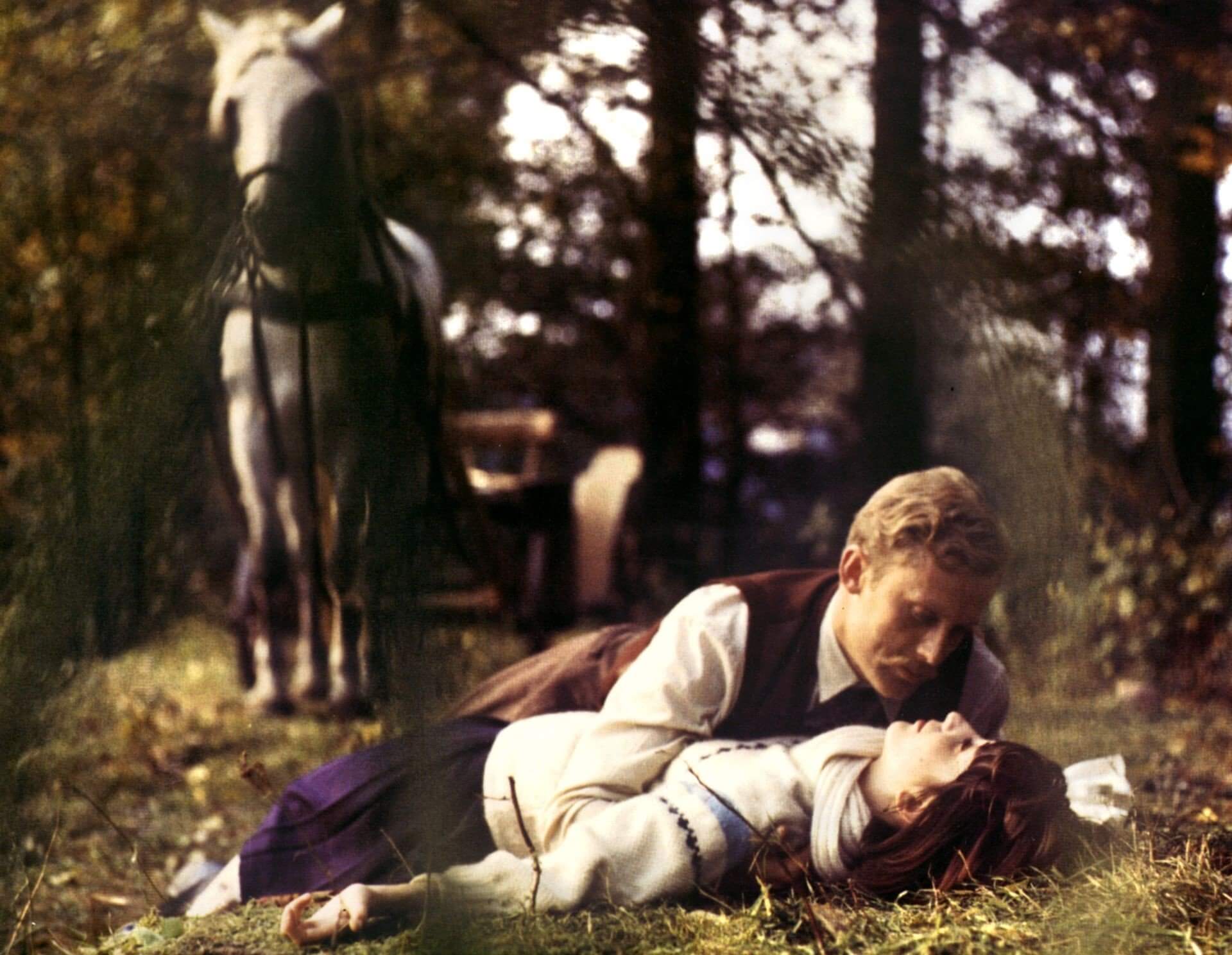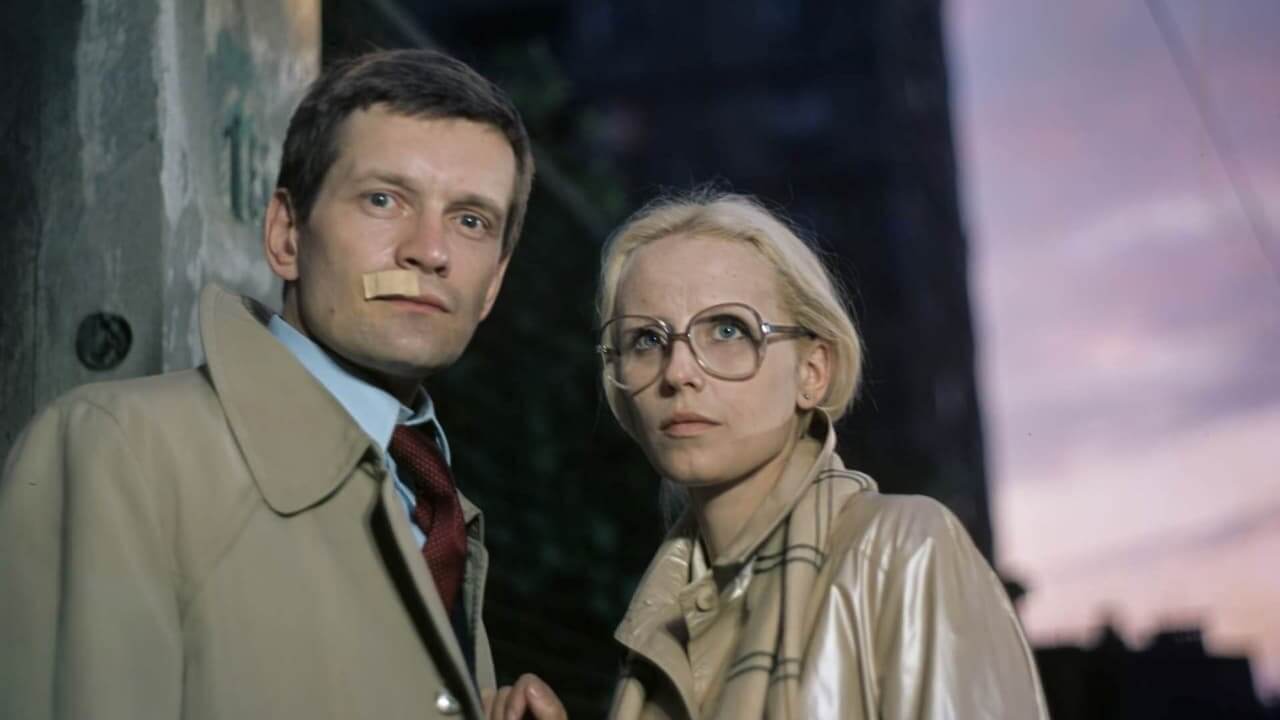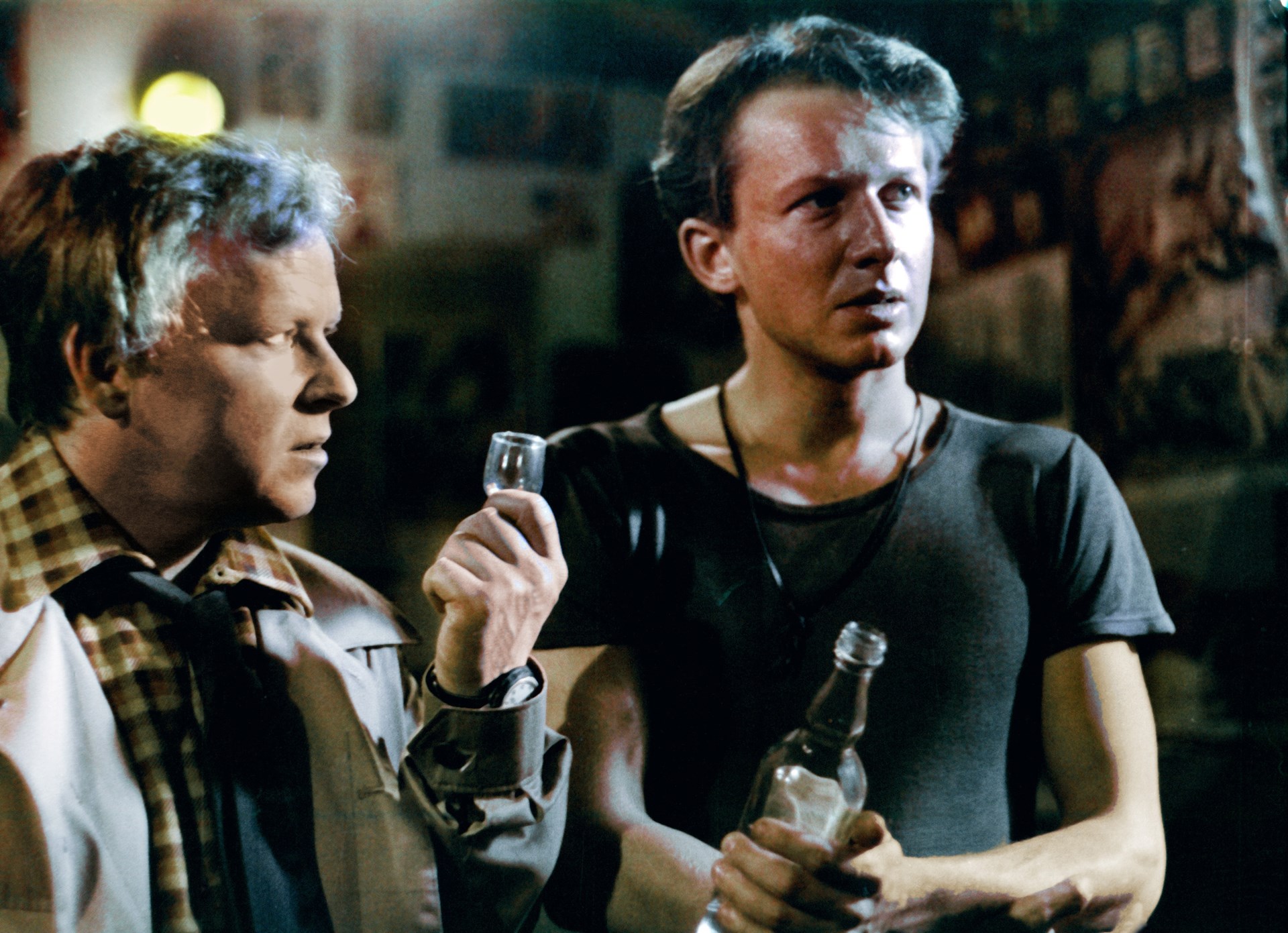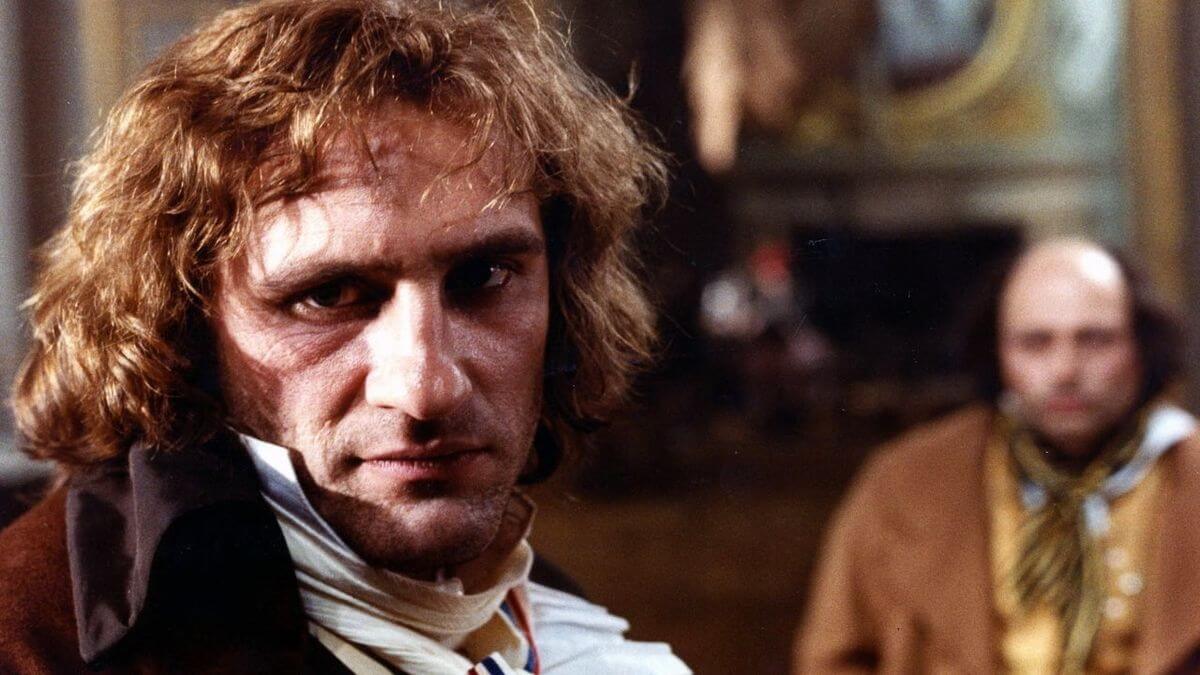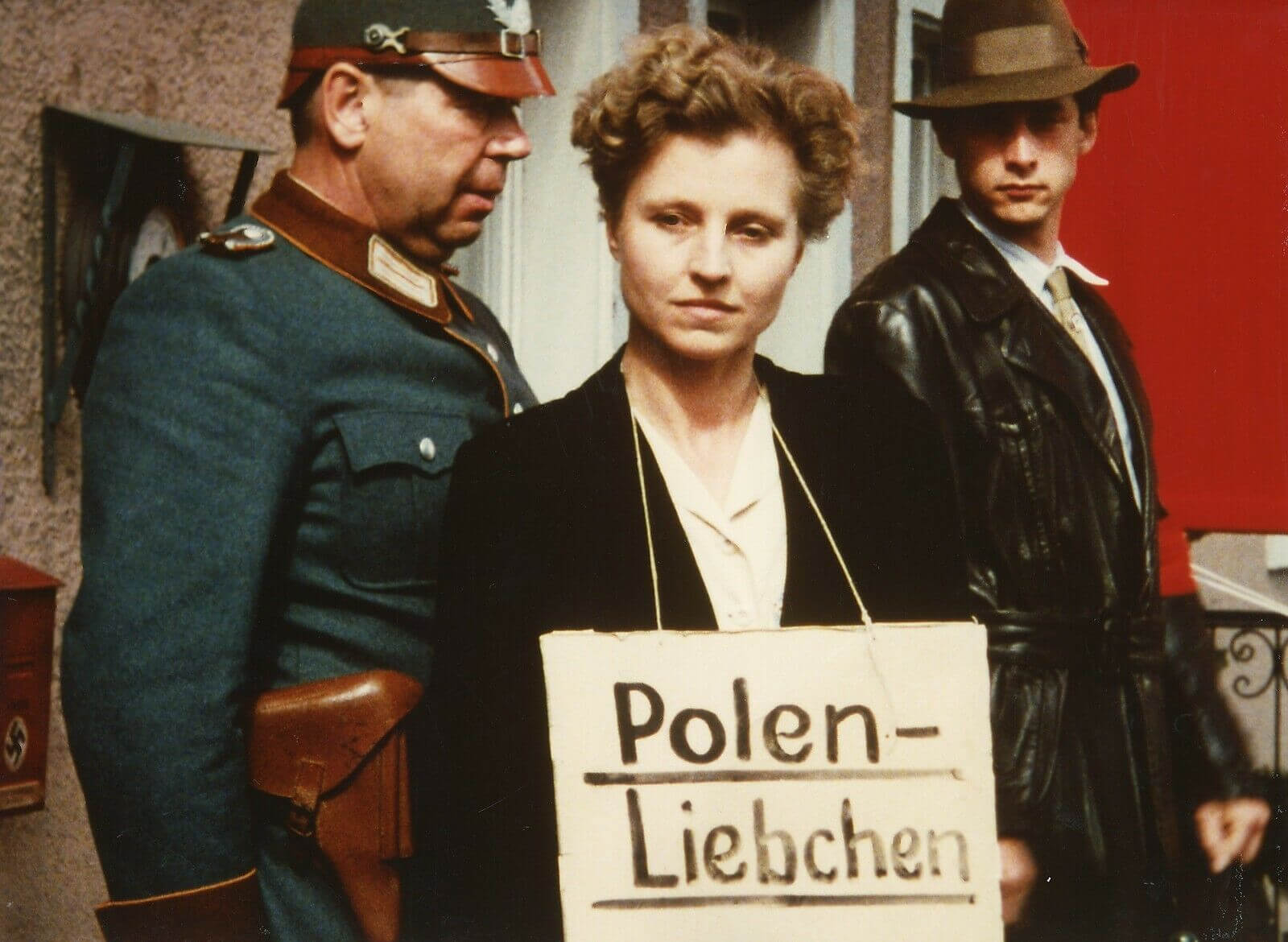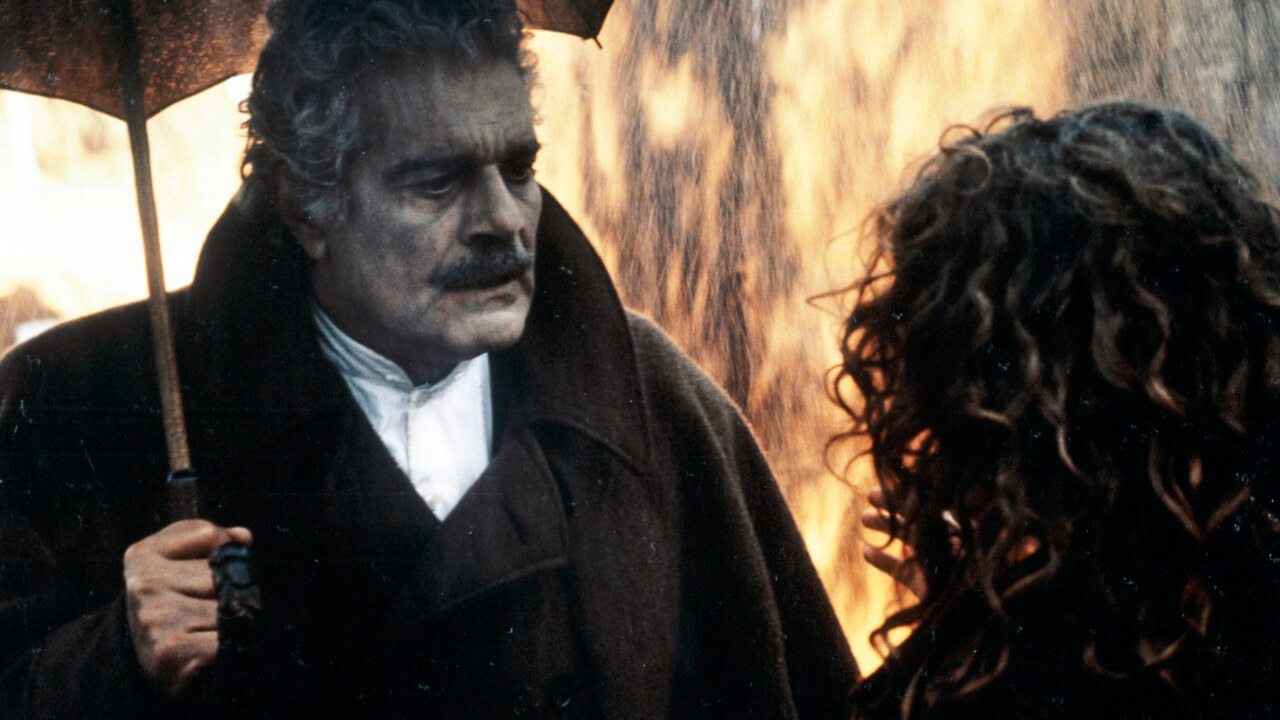ANDRZEJ WAJDA. The Complete Works of a Polish Master
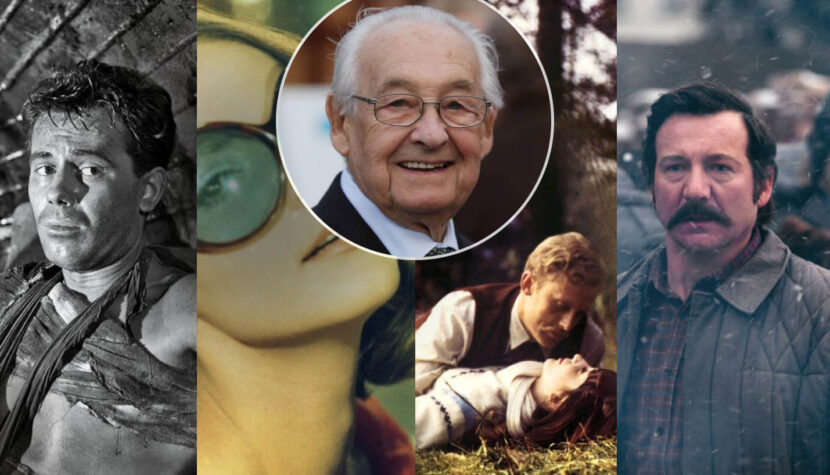
He is a true veteran of contemporary cinema, acclaimed both in Poland and internationally. This recognition goes beyond the honorary Oscar for lifetime achievement, which was a mere formality. He is a director whose films are listed among the best in the history of cinema. Importantly, this acclaim comes not from popularity rankings, which follow different rules, but from voices such as Martin Scorsese and Francis Ford Coppola, who count Ashes and Diamonds among their favorite films (both of whom are also veterans, though they debuted several to many years later than Wajda).
The Birch Wood (1970)
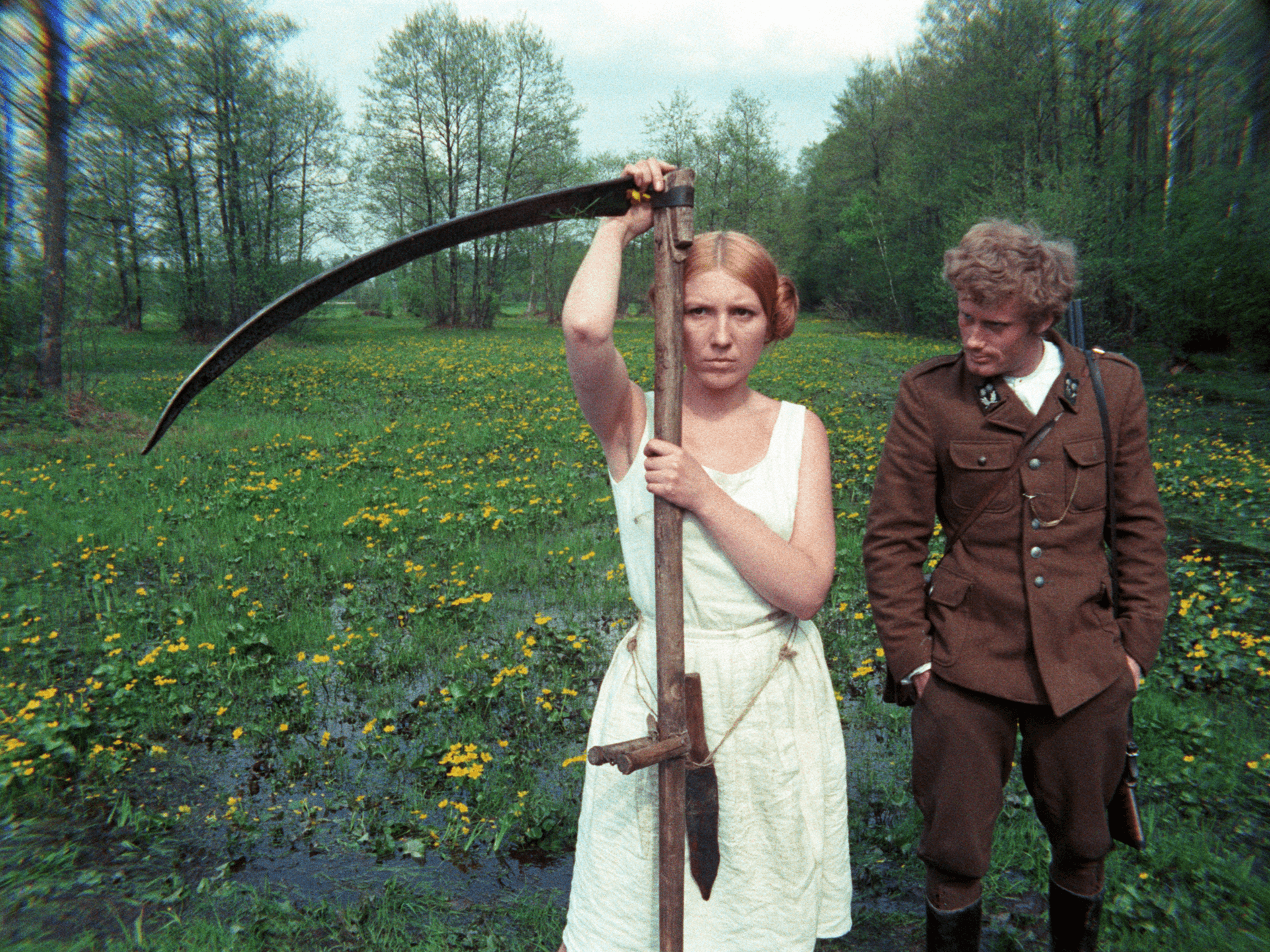
Starring: Daniel Olbrychski, Olgierd Łukaszewicz, Emilia Krakowska
Major Awards: Milan (International Film and Television Fair MIFED) – FIPRESCI award, Łagów (Lubuskie Film Summer) – award for Andrzej Wajda for directing and award for Best Male Lead Role for Daniel Olbrychski, Moscow (IFF) – Gold Medal, Moscow (IFF) – award for Best Male Role for Daniel Olbrychski, Finnish Film Association “Filmaur” award – honorary diploma, Milan (IFF) – “Golden Seal” (City of Milan award) award at the VII IFF organized by the Italian Film Archive in Milan
This is one of the director’s best films. This time, Wajda is not conventional, not formulaic, but symbolic, poetic, painterly, and philosophical. The film is brilliant in its form. The shots, interior set design, landscapes, makeup, and costumes are like paintings. There is no randomness in framing and mise-en-scène, all elements and movements are thoughtful and meaningful, referring to something. Wajda, along with the cinematographers, and in collaboration with the set designer, decorator, and costume designer, invokes the paintings of Malczewski in his film. The director is also responsible for the screenplay, based on Iwaszkiewicz’s prose. He manages to show the impressionism, allusiveness, eroticism, and deep philosophical reflections from the writer’s work. The characters are coherent and complex, and the narrative is smooth (without flashbacks). The Birch Wood presents a complicated relationship between brothers: to the forester Bolesław, a widower grieving after his wife, comes his terminally ill brother Stanisław, who wants to die here. The brothers are opposites, but there is a visible bond between them. The director juxtaposes Stanisław’s desperate cheerfulness and sensitivity with Bolesław’s depression and nervousness. Their relationship is complicated by a young neighbor – Malina, beautiful and primitive. The film touches on the themes of death and love. People’s entanglement in passion – love, jealousy, sadness, desire derived from biology – is contrasted with the inevitable, ruthless, also biological, death. The film raises questions: where does desire come from? How to reconcile the desire for life and love with the inevitability of death? Excellent performances by Krakowska (Malina) and Łukaszewicz (Staś), with only Olbrychski’s (Bolesław) star performance seeming overly exaggerated, feeling pompous, as if the actor directed himself. This exaggeration seems to be the only drawback of the film. [Ewelina Świeca]
Pilate and Others (1971)
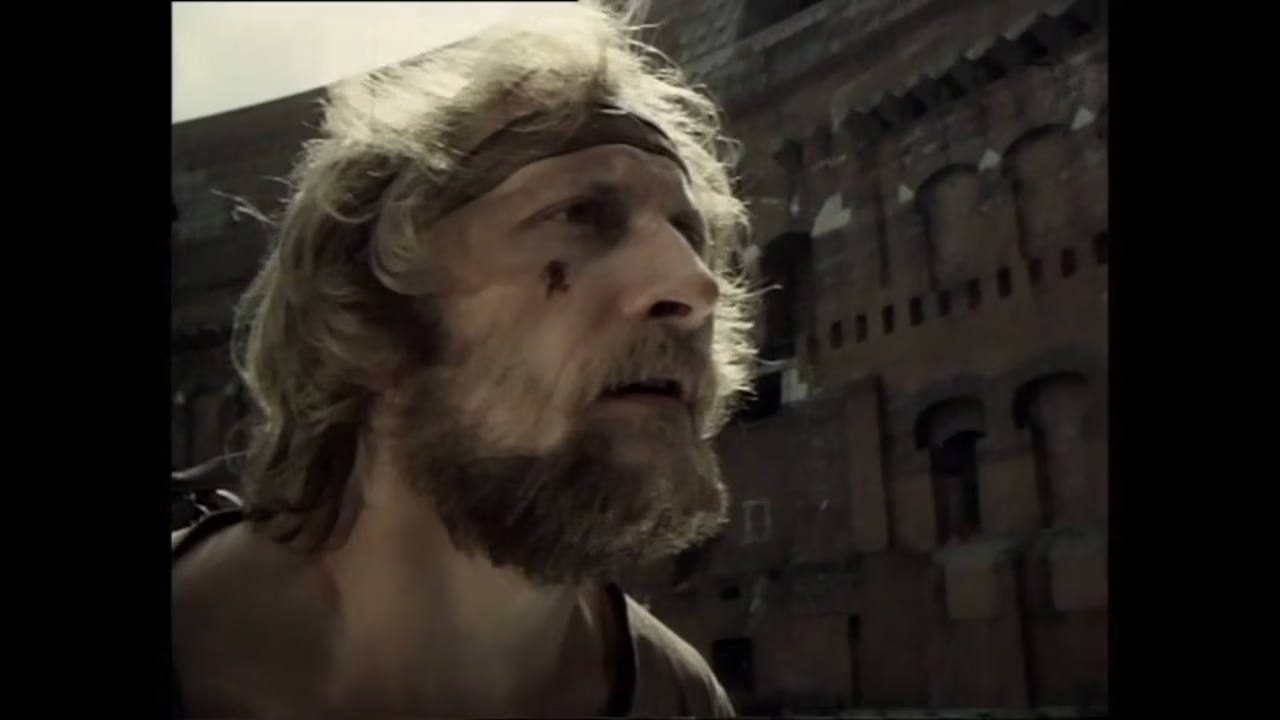
Starring: Jan Kreczmar, Daniel Olbrychski, Wojciech Pszoniak
Major Awards: No information available
An extremely original screen adaptation of the Jerusalem part of Mikhail Bulgakov’s Master and Margarita. It is more an inspiration from the conversation between Pilate and Jesus than an adaptation of fragments of the novel. Jesus is portrayed as a rebel, a modern hippie – his trial takes place in Nuremberg, similar to the rallies of the Third Reich; Jerusalem is an urban jungle (Frankfurt), and the crucifixion happens in a dump next to a highway. The result? Unfavorable comments in the German press (despite the West German television ZDF being the producer) and only one copy of the film in Poland, screened only in art-house cinemas for a short time – Prime Minister Jaroszewicz reportedly pulled the film due to the outrage of Catholics at such a blasphemous vision… To this day, it is very difficult to find Pilate and Others anywhere – I myself saw it once, nearly 15 years ago at a single screening. Brilliant Daniel Olbrychski, excellent Wojciech Pszoniak, and the late Jan Kreczmar, who died before the film’s premiere. [Rafał Oświeciński]
The Wedding (1972)
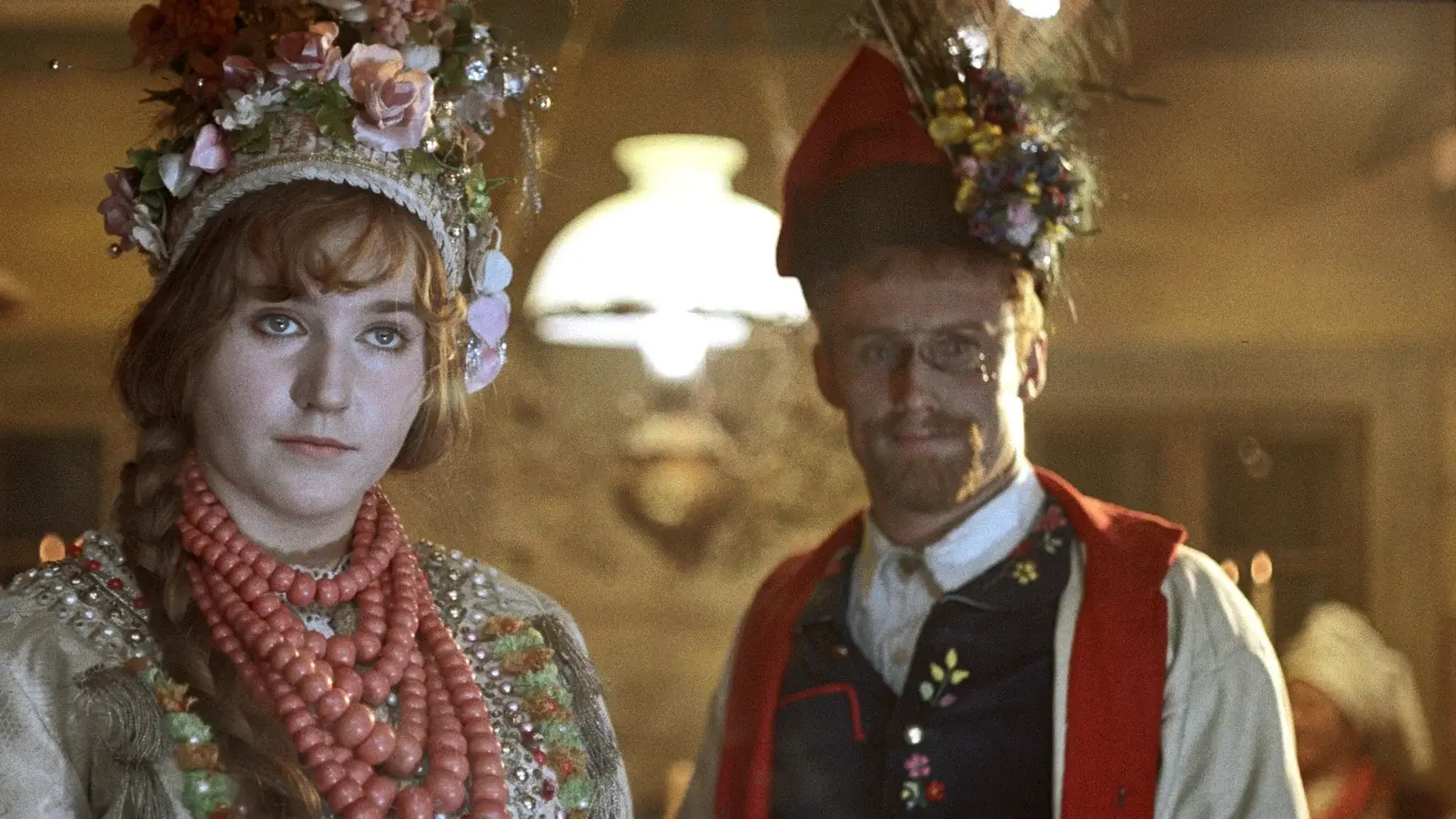
Starring: Daniel Olbrychski, Ewa Ziętek, Wojciech Pszoniak, Andrzej Łapicki, Marek Walczewski
Major Awards: San Sebastian International Film Festival (Best Feature Film)
Andrzej Wajda enjoys drawing from immortal Polish texts, often interpreting them in his works. However, The Wedding is an example of a nearly literal adaptation in terms of text and form. Wyspiański’s play is an observation of late 19th-century society, capturing the essence of Young Poland with its historical complexes (failed uprisings, the Galician slaughter) and fascinations (rural culture, the lifestyle of provincial people). This is precisely what the film portrays. The combination of Stanisław Wyspiański’s text with Wajda’s directorial skill and technical professionalism was bound to succeed. Unlike any other film, The Wedding makes one feel stifled, sweaty, and desperate to step out of the Bronowice cottage for fresh air. In terms of content, similar to the play, it forces reflection and a reassessment of one’s view of history. It is certainly a heavy film that one returns to occasionally, but each time, it astonishes with its visual artistry (use of color, vision, and dreamlike quality) and execution (moving camera and editing). [Maciej Niedźwiedzki]
The Promised Land (1974)
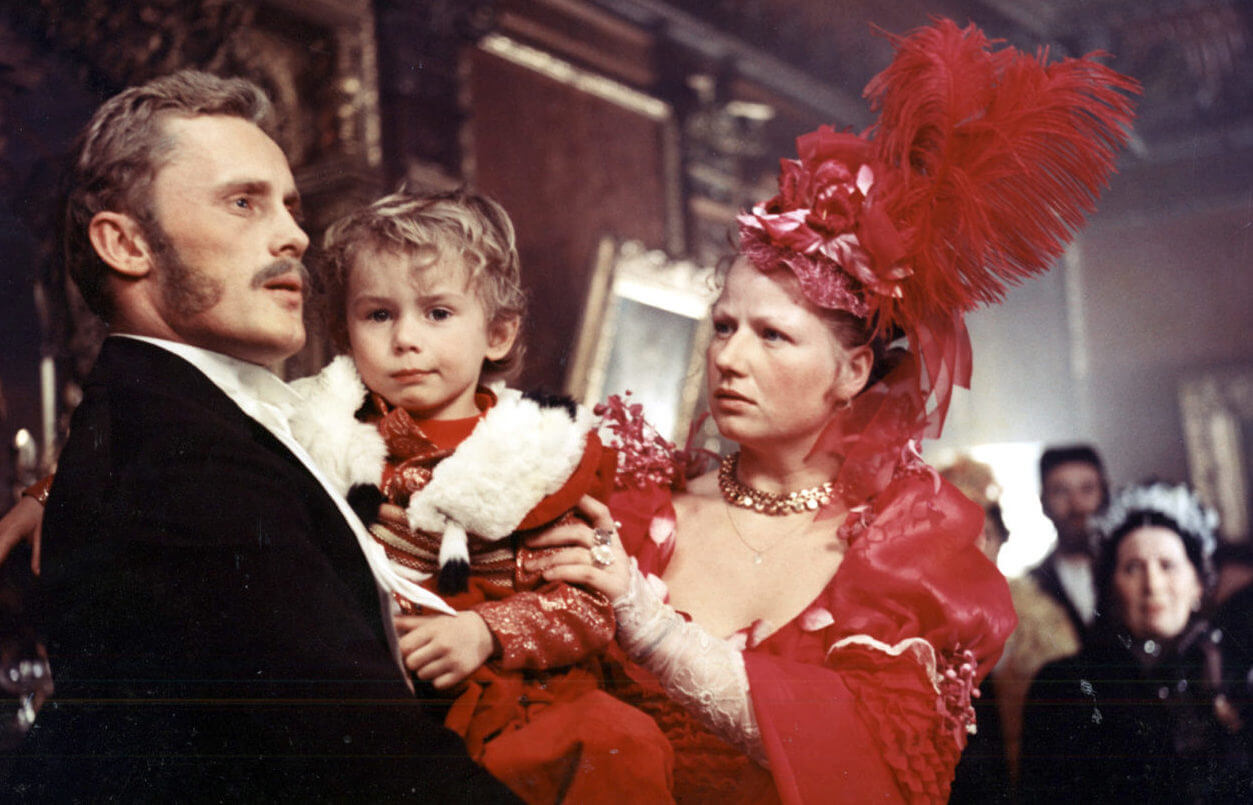
Starring: Daniel Olbrychski, Andrzej Seweryn, Wojciech Pszoniak, Anna Nehrebecka
Major Awards: Oscar nomination for Best Foreign Language Film, Chicago International Film Festival – Grand Prix “Gold Hugo”, Łagów (Lubuskie Film Summer) – Grand Prix “Golden Grapes”, Moscow International Film Festival – Gold Medal, Golden Duck (awarded by “Film” magazine) “Golden Duck” of the 50th anniversary in the category: Best Film, End of the Century – “Polityka” magazine survey – 4th place in the survey of “The Most Interesting Polish Films of the 20th Century”
A completely different work from anything Wajda had done before. Instead of neo-romantic raptures, it’s a romance with the positivist ideas of Reymont. Instead of national allegories, it focuses on individual matters, personal needs, and theories of freedom. The result? The best, most mature film by Andrzej Wajda, where everything plays perfectly: beautiful cinematography by Sobociński, expressive music by Kilar, grand production scale, and the crème de la crème: the cast. Olbrychski, Seweryn, and Pszoniak are outstanding as Lodz entrepreneurs, creating the roles of their lives. Wajda himself admits it was one of the happiest periods of his life: he gathered an excellent team around him and worked without looking back at the judgment of the people’s government, which was proud to “own” such a recognized creator as Wajda. Despite this, the Ideological and Educational Department of the Central Committee of the Polish United Workers’ Party had much work in combating the capitalist message of The Promised Land. Nonetheless, the film achieved tremendous success – an Oscar nomination (it lost to Kurosawa‘s Dersu Uzala) and today is considered one of the best films in the history of Polish cinema (voted the greatest in history in “Film” magazine in 1996). [Rafał Oświeciński]
The Shadow Line (1976)
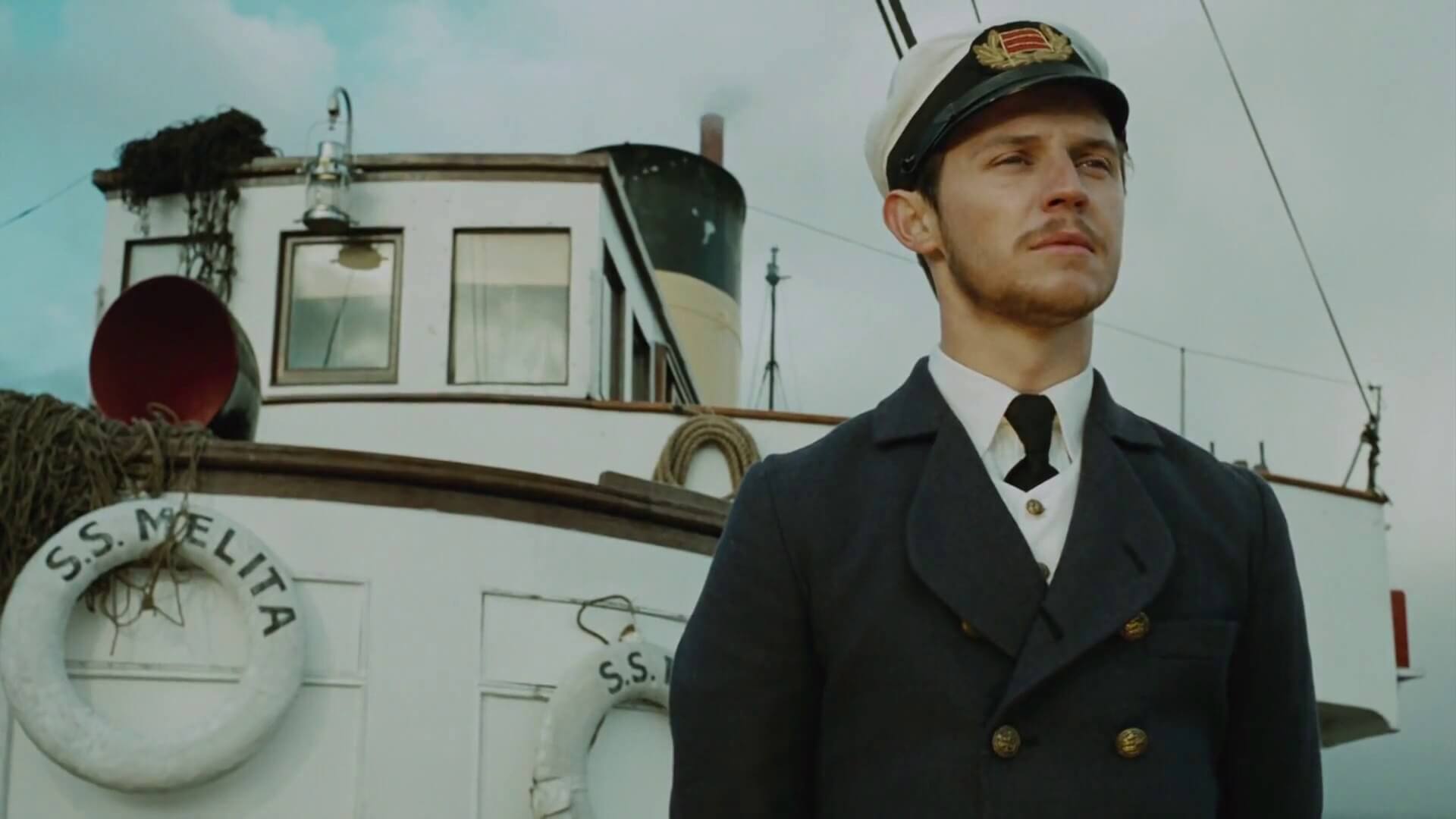
Starring: Marek Kondrat, Graham Lines, Tom Wilkinson, Bernard Archard
Major Awards: Silver Lion at the Gdańsk Polish Film Festival
Adapting Joseph Conrad requires a creative approach. The best adaptations of his prose are characterized by their departure from slavishly adhering to the text, even significantly deviating from the literary original. This is what Francis Ford Coppola did by setting the action of Heart of Darkness during the Vietnam War in Apocalypse Now; similarly, Ridley Scott made The Duellists more dramatic by focusing on the two adversaries rather than the witnesses to their duels, as in the story. Meanwhile, Wajda’s English-language The Shadow Line feels like a very cautious attempt to transfer Conrad’s work to the screen, losing the main idea in the process. The story of an ill-fated voyage under a newly appointed captain has an overly prolonged prologue in the port and an unsatisfactory finale. The constant off-screen thoughts of the main character, played by a young Marek Kondrat, don’t help either. Fortunately, what’s best in the book is also present in Wajda’s film – the helplessness of the sailors (including the debuting Tom Wilkinson), especially their captain, stranded at sea without wind or quinine, awaiting their inevitable end. For these scenes, as well as Witold Sobociński’s cinematography and Wojciech Kilar’s music, The Shadow Line is worth watching, though they cannot save the film from being a failure. [Krzysztof Walecki]
Man of Marble (1976)
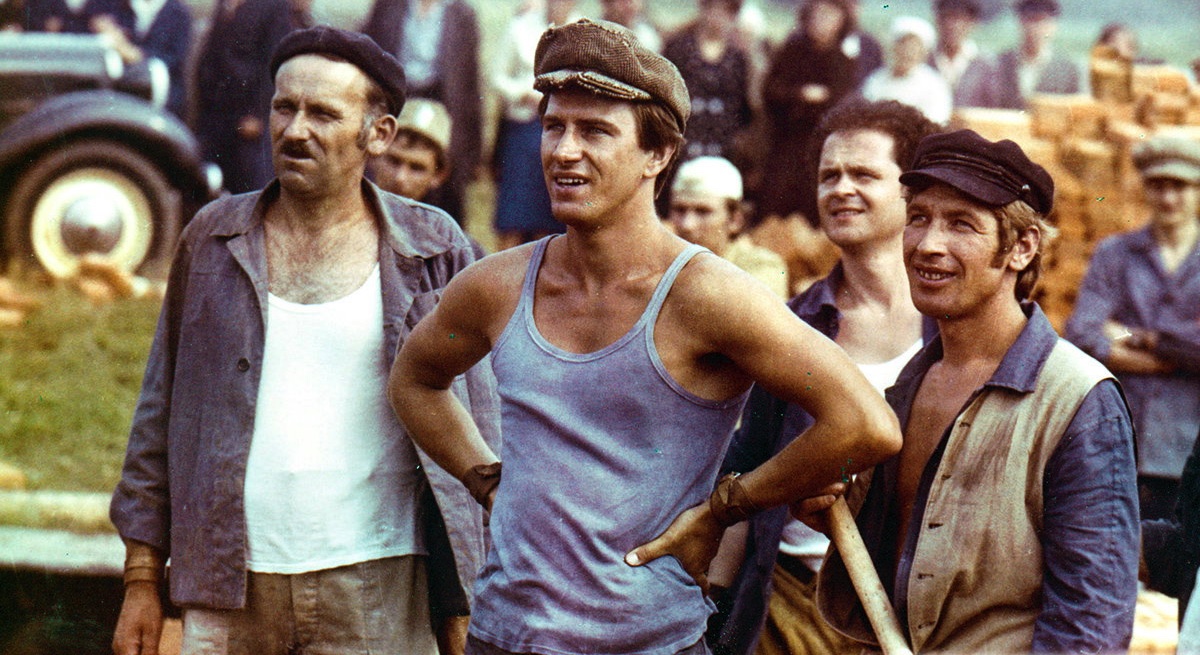
Starring: Krystyna Janda, Jerzy Radziwiłowicz, Tadeusz Łomnicki, Jacek Łomnicki, Michał Tarkowski
Major Awards: Cannes Film Festival – FIPRESCI Prize, Belgrade (FEST) – Grand Prize
Significant troubles with the people’s government. The film was so inconvenient that the script was constantly debated, its tone and accents were changed until finally, after much struggle, it was accepted. As it turned out, Wajda stabbed a dagger in the back, openly criticizing the era of lies and mediocrity, which did not end with the distorted Stalinist period (as they later tried to explain) but continued for many years. The story of Mateusz Birkut, a classic Stakhanovite celebrated by the government, becomes a starting point for reflections on the nature of rebellion. Birkut (an excellent Radziwiłowicz) becomes aware of how the socialist world is constructed, and Agnieszka (a stunning, remarkable debut by Krystyna Janda) also matures while conducting her investigation. A brilliant film by Wajda, one of the best and most intelligent works of Polish cinema. A sharp slap in the face during the Gierek era. [Rafał Oświeciński]
Without Anesthesia (1978)
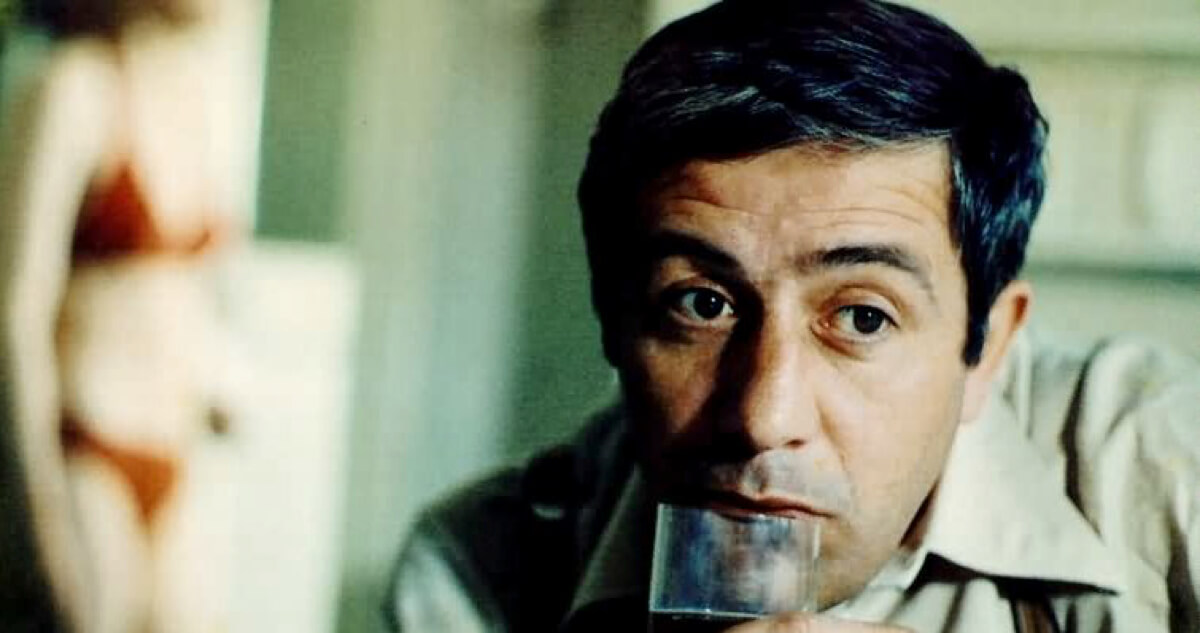
Starring: Zbigniew Zapasiewicz, Ewa Dałkowska, Andrzej Seweryn, Krystyna Janda, Emilia Krakowska, Roman Wilhelmi
Major Awards: Cannes Film Festival – Ecumenical Jury Prize, Cannes (nomination for the Palme d’Or), Golden Duck (nomination for Andrzej Wajda), Golden Lion (Best Film)
The year 1978, Polish screens are stormed by the cinema of moral anxiety. Agnieszka Holland directs Provincial Actors, three years have passed since the premiere of Krzysztof Kieślowski’s Personnel, two since Zanussi‘s Camouflage, one since Feliks Falk’s Top Dog. Wajda’s Without Anesthesia is an inseparable child of these times (worth noting, the screenplay was written by Agnieszka Holland). The story of the downfall of a popular journalist combines an intimate individual drama with a sharp satire of the communist government. Family tragedy and social tragedy sometimes merge too easily, complementing each other too straightforwardly, and like all cinema of moral anxiety, they are made with an anti-system key. What is truly great in Without Anesthesia is the role of Zbigniew Zapasiewicz, one of the best performances in the history of Polish cinema. [Filip Jalowski]


